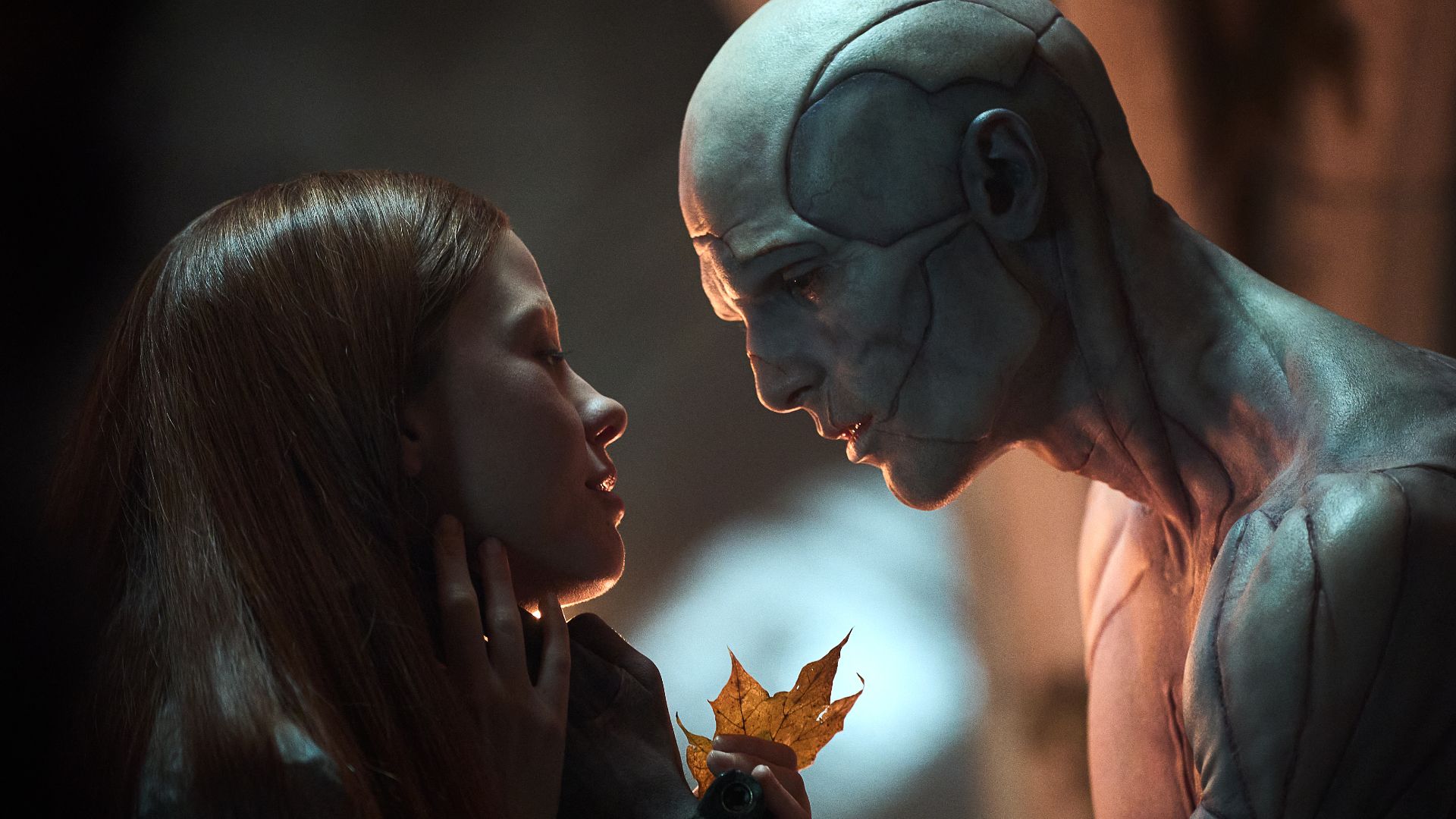
Guillermo del Toro has become known over the years for his dark, visually rich films, filled with fantastic creatures and elaborate sets. However, despite all the spectacle, it’s the compelling characters that truly make his stories special. Their powerful emotions resonate alongside the beautiful visuals and detailed worlds, drawing viewers into their quests for love, adventure, or simply to survive. These characters feel perfectly at home in del Toro’s imaginative worlds, and it’s this combination of stunning visuals and heartfelt storytelling that makes his films so unforgettable.
Guillermo del Toro’s newest film is a bold reimagining of Mary Shelley’s Frankenstein, unlike any previous movie version. It’s a story about a brilliant but controlling scientist and the creature he brings to life, who then escapes his control. While the film focuses on Victor Frankenstein (Oscar Isaac) and his creation (Jacob Elordi), Mia Goth’s character, Elizabeth, is central to both of their journeys. Initially engaged to Victor’s brother, she quickly asserts herself and refuses to be ignored.
Elizabeth matched Victor intellectually, sharing his passions and even having unique interests of her own. She wasn’t afraid to question him, but ultimately she turns him down, possibly because of her loyalty to her fiancé or because she realizes Victor is only truly devoted to his work. Their connection falls apart after she witnesses how he treats his creation. Interestingly, the actress who plays Elizabeth also plays Victor’s mother, suggesting he’s subconsciously trying to replace the mother he lost. For the creature, Elizabeth represents genuine kindness – a stark contrast to Victor’s harshness – and offers a glimmer of hope in a cold world.
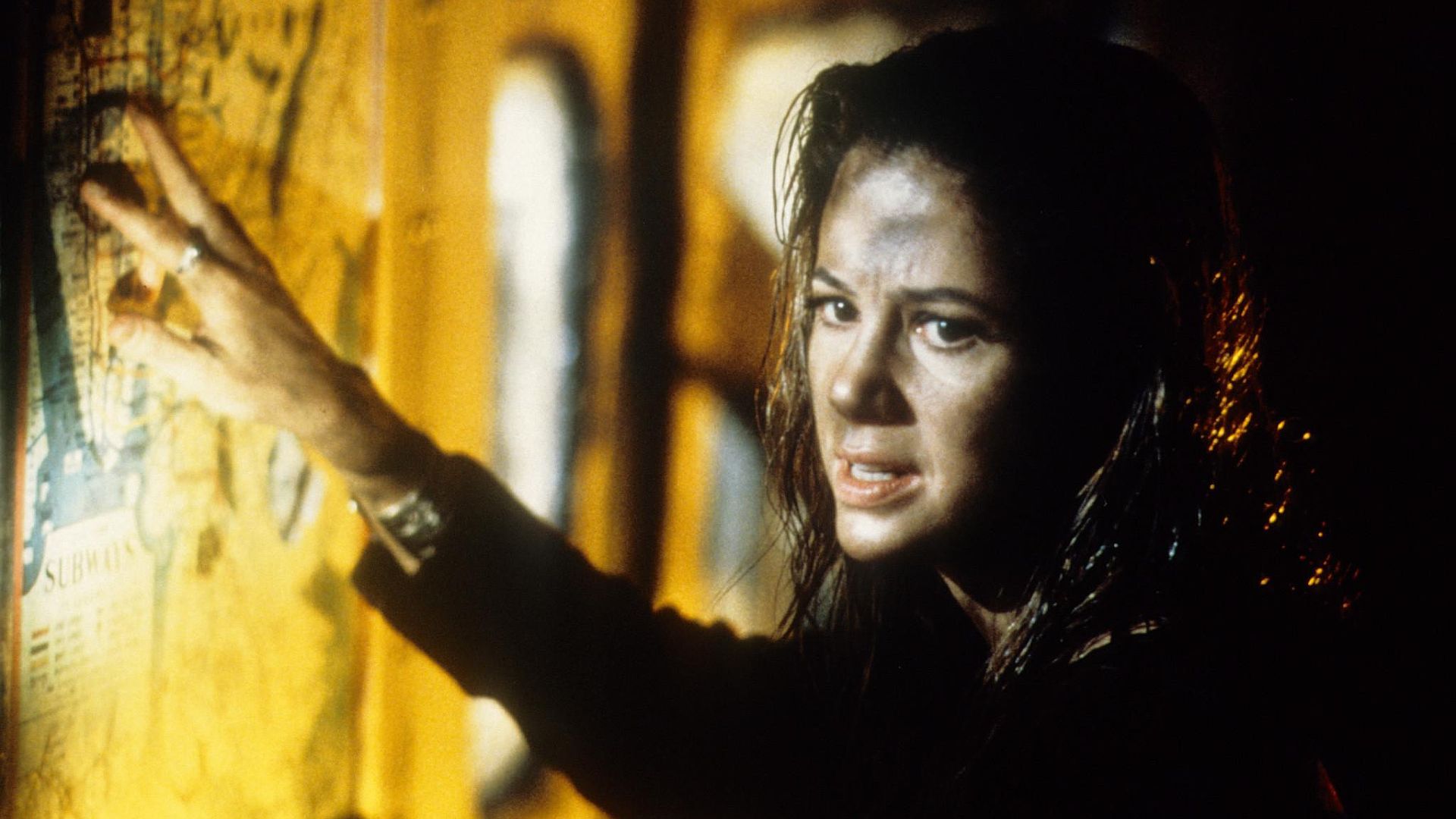
Miramax
Guillermo del Toro has a history of creating complex and compelling roles for women, and Frankenstein is just the latest example. His films consistently feature strong female characters who are multifaceted – they can be both gentle and formidable, dangerous and empathetic. From the start, with his film Cronos, del Toro introduced audiences to memorable women like Aurora (played by Tamara Shanath), the granddaughter of the main character. She represents pure innocence and remains calm even as supernatural events unfold around her grandfather. Cronos centers on an ancient device that grants eternal life, but at a cost, transforming Jesús. Aurora is the first to realize something is wrong and bravely joins him in a final confrontation to stop a desperate man from stealing the device. She gives her grandfather a reason to fight, protecting her even as he struggles with a new thirst for blood. Ultimately, Aurora witnesses a return to normalcy, even though it comes with a tragic outcome.
I’ve always thought Guillermo del Toro’s Mimic was a really interesting early look at some of the themes he’d explore later. It feels like his take on Frankenstein, honestly. It’s that classic story of someone creating something that gets out of hand. In this case, our ‘Victor Frankenstein’ is Dr. Susan Tyler, played by Mira Sorvino. She’s this incredibly smart scientist who tries to wipe out a deadly cockroach-borne plague, basically trying to cheat death itself. She creates this ‘Judas bug’ to do it, but things go wrong when the bug evolves into a terrifying creature that starts hunting people. The movie’s all about Dr. Tyler racing against time to stop this monster she accidentally unleashed.
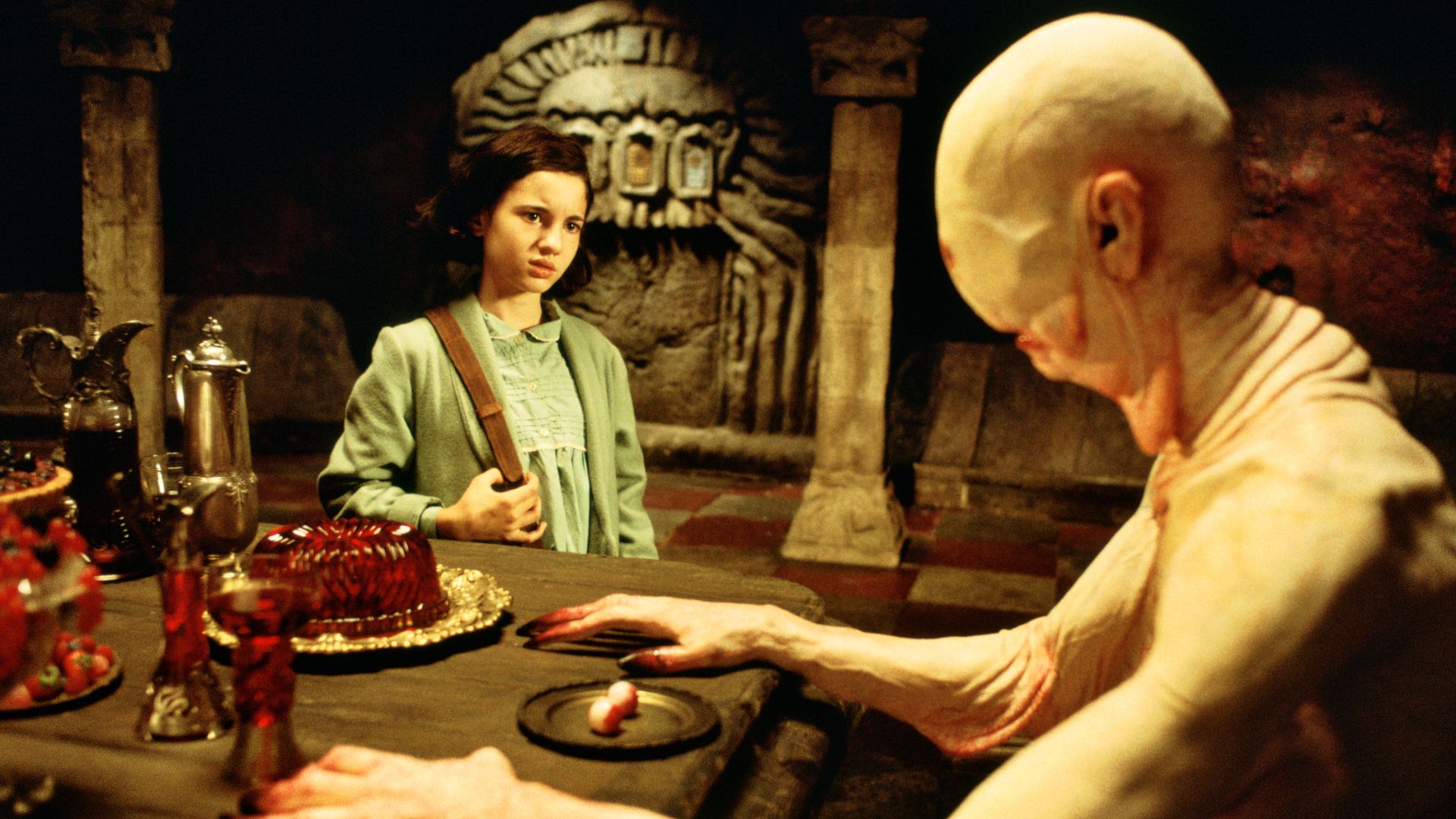
Warner Bros.
Guillermo del Toro, known for his exploration of innocence and the supernatural in films like The Devil’s Backbone, returned to the Spanish Civil War with Pan’s Labyrinth, offering a dark fairytale reminiscent of Alice in Wonderland. The story blends realistic and fantastical horrors, centering on Ofelia, a 10-year-old girl whose mother is ill and whose stepfather is a cruel man hunting down rebels. Amidst the violence, Ofelia remains kind and brave, trying to save her mother and find safety, even facing terrifying creatures like the Faun and the Pale Man. She isn’t the only one showing courage; Mercedes, the housekeeper, is secretly part of the resistance and risks her life to do what’s right despite the danger.
The film Pacific Rim allowed director Guillermo del Toro to showcase his passion for monsters and introduced audiences to the compelling character of Mako Mori (Rinko Kikuchi). Driven to honor her parents, who died in a monster attack, Mako is a determined and skilled pilot of the giant robots called Jaegers, proving herself just as capable as her male counterparts, though a bit less experienced than veterans like Becket (Charlie Hunnam). Importantly, Mako and Becket’s connection isn’t romantic—it’s a strong friendship built on mutual respect. Piloting a Jaeger requires two people to connect mentally and physically, sharing the intense strain through a process called “drifting.” This connection allows them to experience each other’s memories and emotions, fostering a deep empathy that’s unusual for an action movie, but vital to the story. The film suggests that truly understanding each other is what gives us strength.
As a movie fan, I always appreciate when films offer strong female characters, and “Pacific Rim” really sparked a conversation about that. It actually led to the creation of the ‘Mako Mori test’ – kind of like the Bechdel test, but specifically looking for a female character with her own storyline, separate from the male characters. Now, Mako is the only major female character in a world full of male heroes, so she technically fails the Bechdel test. But honestly, that doesn’t diminish her impact at all! Her story is vital and just as important as anyone else’s in the film.
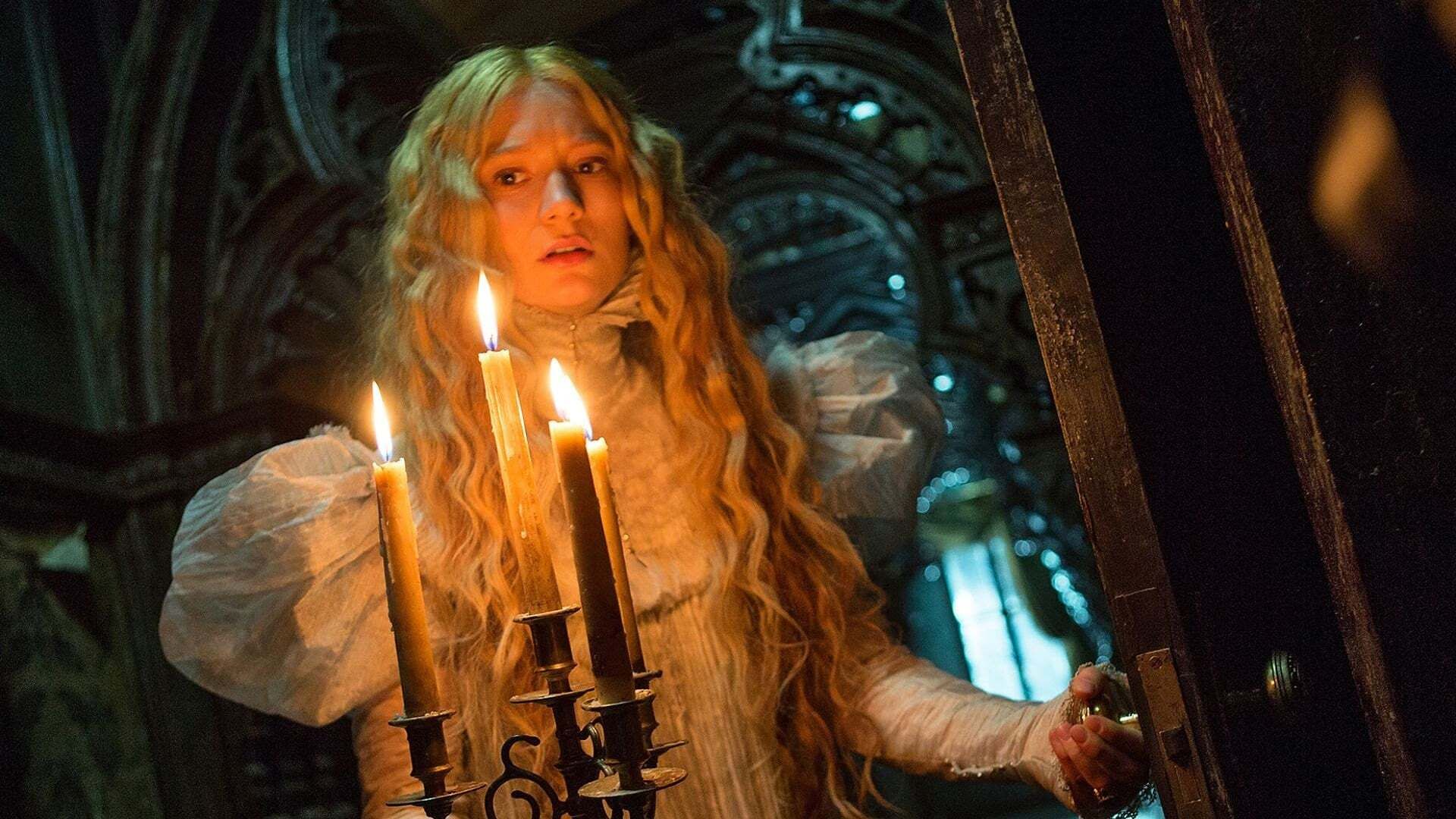
Universal Pictures
Guillermo del Toro’s Crimson Peak shares similarities with Frankenstein, particularly in its gothic atmosphere and visual style. The film follows Edith (Mia Wasikowska), a determined writer navigating the publishing world of the early 1900s. Her life takes a gothic turn when she meets Sir Thomas Sharpe (Tom Hiddleston), a charming baronet who seeks funding for a project on his decaying estate, Crimson Peak. He’s accompanied by his sister, Lucille (Jessica Chastain), who stands in stark contrast to Edith – often visually, through their clothing – and harbors secrets from a troubled past. While Edith is guided by her emotions, she eventually uses her intellect to unravel the mysteries surrounding Crimson Peak. Like Frankenstein, which explores a creator-creation relationship, Crimson Peak is a story about lost love, stemming from the loss of Edith’s father and, later, another significant relationship. Edith has the ability to see and communicate with ghosts, and though initially frightening, these spirits ultimately help her survive.
I absolutely loved The Shape of Water – it really got to me! It’s a beautiful love story set during the Cold War, and it’s about so much more than just romance. The main character, Elisa, is mute and works as a cleaner, and she forms this incredible connection with the creature brought into the lab where she works. They just understand each other, and it’s that connection that ultimately saves them both. It reminded me of Frankenstein in a way – Elisa sees the creature as someone deserving of love and respect, even when others see him as just an experiment. It’s a powerful story about empathy and accepting those who are different, and del Toro tells it so beautifully.
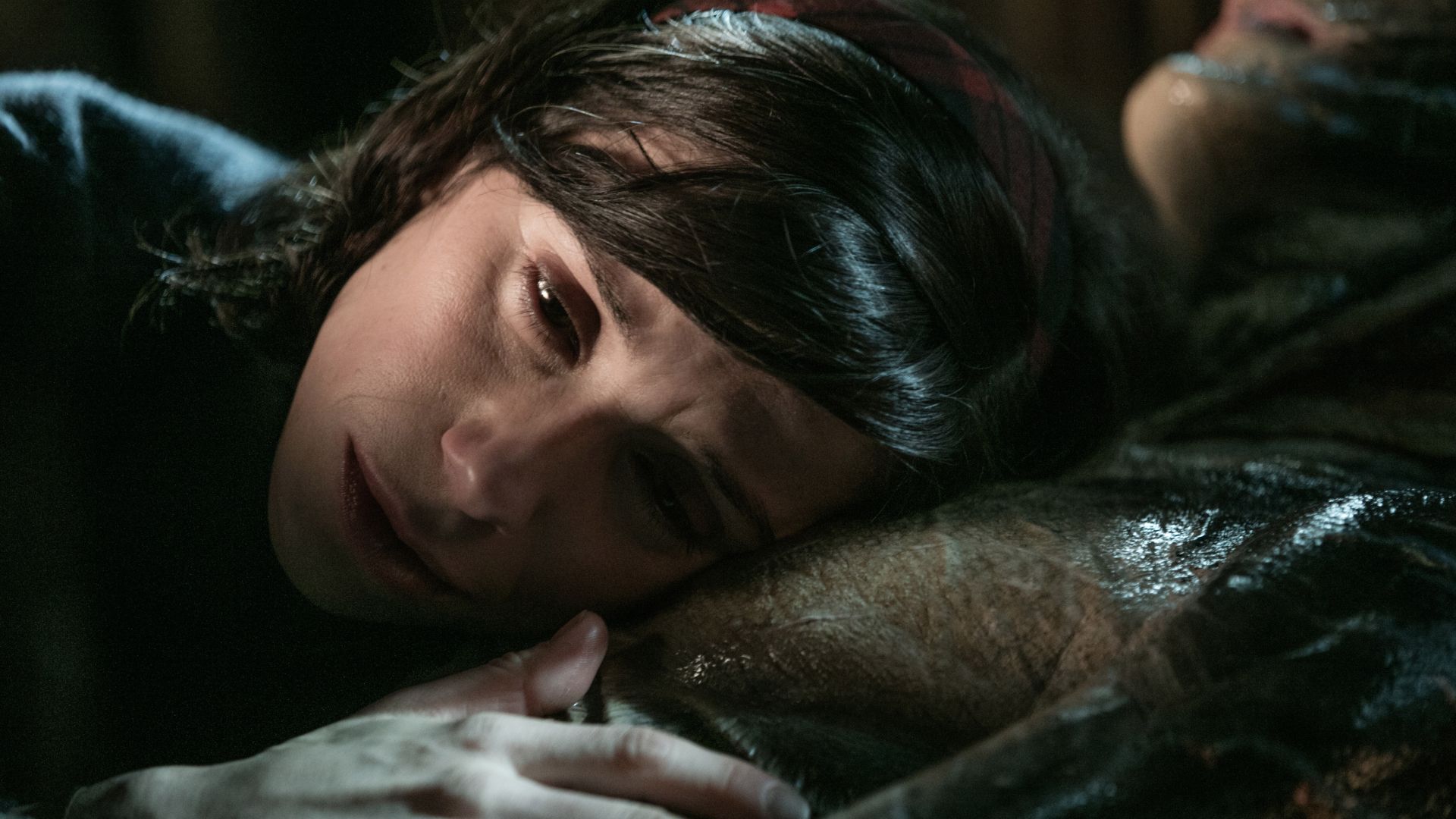
Searchlight Pictures
Guillermo del Toro’s take on the classic film noir story, Nightmare Alley, finds compelling depth in its villains. The movie, set after World War II, centers on Stan (Bradley Cooper) and his dangerous pursuit of power. However, the film truly shines thanks to the performances of Rooney Mara as Molly, Stan’s quiet accomplice who ultimately rejects his dishonesty, and Cate Blanchett as Dr. Ritter, a captivating and manipulative femme fatale. Toni Collette adds to the mix as Madam Zeena, a cynical and experienced con artist. Together, these characters create a world where everyone is capable of deception, ultimately leading to Stan’s dramatic fall from grace. Nightmare Alley may be unique among del Toro’s films in portraying a complete lack of trustworthy characters.
Guillermo del Toro’s Frankenstein feels like a compilation of his signature artistic elements and recurring ideas, much like the creature itself is assembled from different parts. Beyond the beautiful, rich colors and detailed sets, the story emphasizes the creature’s inherent goodness, Victor’s self-centeredness, and Elizabeth’s unique fascination with insects. Throughout the film, del Toro explores themes of death, spirituality, dreams, and the importance of empathy and acceptance. This message is powerfully delivered through Elizabeth, and it’s clear del Toro crafts fantastical narratives for all kinds of beings – monsters, men, and women alike.
Read More
- Spider-Man 4 Might Feature [Spoiler]’s MCU Debut — Report
- 6 Years Ago, Star Wars Debuted Its Most Wasted Villain In Franchise History
- One of the Most “Exciting” Paranormal Adventure TV Shows of the Decade Sets Season 11 Release Date on HBO Max
- Серебро прогноз
- Dwayne Johnson Was Super Stressed The Morning Golden Globes Noms Came Out. How Ryan Coogler Made His Day
- Deathstroke Takes On An Epic Sci-Fi Villain In This Brutal Crossover Event
- Прогноз криптовалюты ADA: прогнозы цены ADA
- Доллар обгонит юань? Эксперты раскрыли неожиданный сценарий
- Евро обгонит дирхам? Эксперты раскрыли неожиданный сценарий
- Risen (2021) Movie Review
2025-11-09 20:04